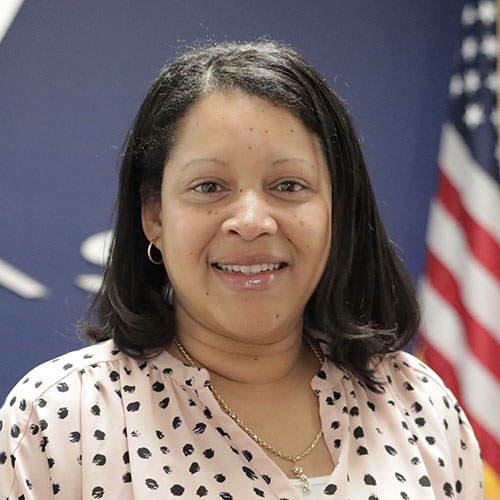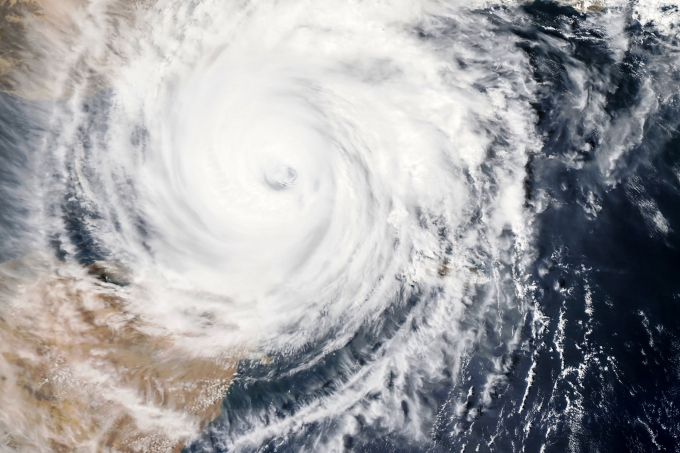
Governor Northam Announces Administration Appointments
September 27, 2021
Virginia Modeling Analysis & Simulation Center (VMASC) and Partners to Host FREE Virtual Hackathon for High School and College Students to Grow the Next Generation of Problem Solvers
October 1, 2021
By Joe Garvey
Researchers at Old Dominion University’s Virginia Modeling, Analysis and Simulation Center (VMASC) have been awarded a $1 million Civic Innovation Challenge grant for their coastal resiliency initiative that will create a platform designed to help displaced vulnerable populations get back into their homes quicker after a severe weather event.
The project is one of 17 that will receive funds from the National Science Foundation in partnership with the U.S. Department of Homeland Security and the U.S. Department of Energy. The money, which totals $15.9 million, is targeted at teams comprising civic partners with “ready-to-implement pilot projects that address community-identified challenges.”
“Coastal resilience is a key area in which ODU can be a national and international leader through its cutting-edge research,” President Brian O. Hemphill, Ph.D., said. “This initiative, which is aimed at helping to ease the hardships of the people who can least afford it when a storm hits, is a prime example of how our efforts can make a difference in the lives of citizens.”
VMASC researchers are developing a Convergence, Inventory, Matching and Assignment (CIMA) platform that will be central to Recover Hampton Roads (RHR), a nonprofit partnership between ODU and the Hampton Roads Community Foundation. RHR will focus on recovery efforts – primarily in Norfolk and Portsmouth – using the CIMA platform, which will help coordinate converging donated material and volunteers following a storm passing over the region.
“We have a very strong partnership with the Hampton Roads Community Foundation, Norfolk, and Portsmouth,” said Joshua G. Behr, research associate professor at VMASC.
In a presentation to national, state and local officials in August 2020, Behr said a key impetus for RHR was “addressing common recovery barriers – financial and otherwise – faced by the most vulnerable householdsto repairing damaged homes.”
“This is a Stage 2 award, which comes on the heels of the team’s Stage 1 award earlier this year in which the partnership worked closely with our communities to identify the need and craft a solution,” said Rafael Diaz, research associate professor at VMASC.
In addition to Behr and Diaz, Bridget Giles, research assistant professor at VMASC, and Wie Yusuf, professor of public service, are leading the effort.
In this Stage 2 of the Civic Innovation Challenge, teams will develop their pilot projects in a 12-month timeframe. Teams will also collaborate across the entire program, sharing approaches and positioning projects to have wider impact. The VMASC-led project is the only one funded in Virginia.
“Teams funded in Stage 2 will play a vital role in developing novel resilience strategies and solutions to the escalating threat of natural disasters facing vulnerable communities across the country,” David J. Alexander, senior science advisor for resilience, DHS Science and Technology Directorate said in a press release. “As climate change accelerates the frequency and intensity of natural disasters, DHS is proud to support the efforts of this program to enhance the nation’s resiliency.”
In Stage 1, planning grants were awarded in March to 52 teams across 30 states as well as tribal regions, Puerto Rico and Washington, D.C., to refine concepts for projects designed to address use-inspired issues in their communities. ODU received $50,000 for the CIMA-RHR initiative in that round of funding.
For a complete list of Stage 2 projects, go to this link.




